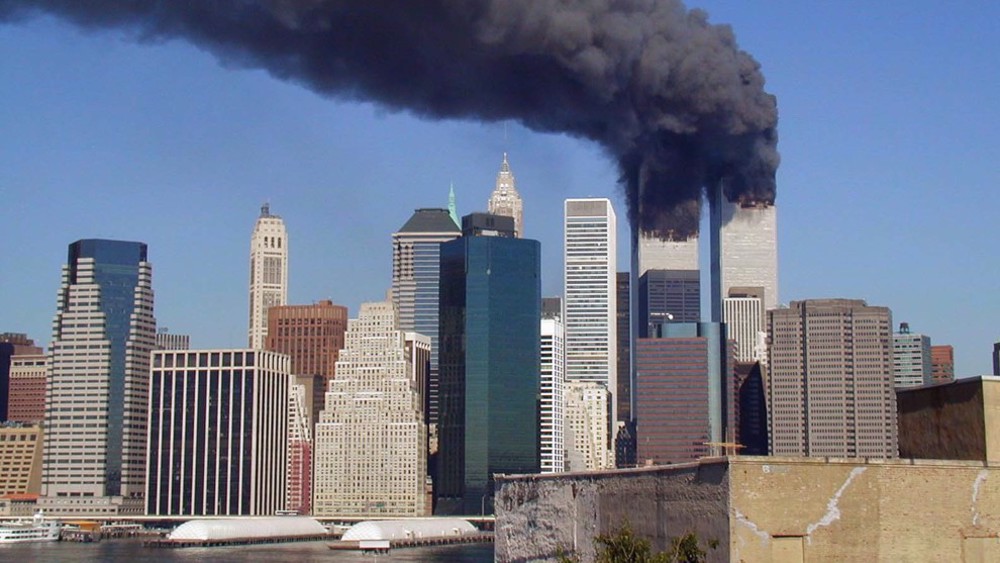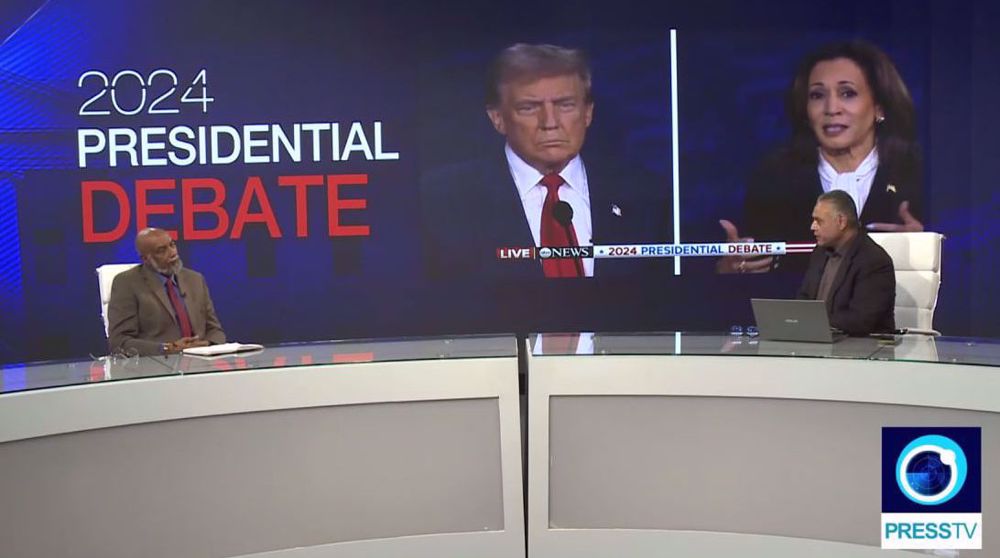'US fabricating false evidence to quit Iran nuclear deal'
The International Atomic Energy Agency has once again confirmed that Iran is living up to its commitments under the 2015 nuclear agreement with the P5+1 group of countries. IAEA Director General Yukiya Amano has said that the body is monitoring Iran's nuclear program via “the most robust regime” of verification. That raises questions as to whether US officials will end their anti-Iran rhetoric and stop asking Tehran to open up its military installations for inspections. Following is a synopsis of an interview Press TV has conducted with Richard Becker, with the ANSWER Coalition, and Jim Walsh, with Security Studies Program of MIT, about the latest IAEA report.
Jim Walsh maintains that the IAEA’s confirmations basically cannot trigger any change in Washington’s stance regarding Iran's nuclear program, because based on US legislation, the administration must independently verify Iran's compliance with the nuclear deal, known as the Joint Comprehensive Plan of Action.
"Within the United States, there are laws about the JCPOA and one of those laws requires that the president certify compliance every 90 days which is a source of issue right now. And unfortunately because of this legislation, I think every 3 months or so this is going to bubble up," Walsh noted.
He further added that President Donald Trump has been the main critic of the nuclear deal with Iran, and therefore the world should not be surprised by seeing the US withdraw from the deal in the near future.
"The president, against his advisers, has been making noises about decertifying and pulling out. But I want to emphasize that his cabinet members and his staff have recommended that he continue to certify that Iran is in compliance,” the analyst argued, adding that President Trump sometimes completely ignores the advice from his staff.
The Trump administration has only reluctantly certified Iran’s compliance twice before but is looking for ways to withdraw from it. Washington has been seeking to pressure the IAEA into requesting access to Iranian military sites. Iran says any inspection of its military facilities is out of the question.

Meanwhile, Richard Becker, the other panelist on the show, suggested that Iran and other parties to the nuclear deal come up with an alternative to the JCPOA, because history has shown that US politicians do not remain loyal to international accords for a long time.
Clearly, the Trump administration is seeking to fabricate false evidence in a bid to give the US the justification to pull out of the JCPOA, Becker underlined.
"They haven't found it. But that does not mean that they do not want to manufacture it the same way that the Bush administration did in 2002," the analyst added, in apparent reference to false intelligence on Iraq possessing Weapons of Mass Destruction that led up to the country’s invasion.
"This would be nothing new of course for the United States. You can ask the Native American people of the continent. There were more than 300 treaties that the United States signed with them with different people across the whole continent and every single one of them was broken," he recalled.
Iran and the five permanent members of the United Nations Security Council – the United States, France, Britain, Russia and China – plus Germany signed the nuclear agreement on July 14, 2015 and started implementing it on January 16, 2016.
Under the JCPOA, Iran undertook to put limitations on its nuclear program in exchange for the removal of nuclear-related sanctions.
Iraq resistance strikes Israeli military targets deep inside occupied territories
VIDEO | Iranian craftsmanship on display at 37th National Handicrafts Expo
VIDEO | Kashmir remembers Hazrat Fatima Zehra as a symbol of resistance.
VIDEO | Iran’s defense minister wraps up strategic visit to Damascus
VIDEO | Australia slightly alters arms exports to Israel amid waves of protests
Resistance movements condemn Israeli killing of Hezbollah spokesman
Biden allows Ukraine to use US missiles to strike inside Russia: Sources
OIC condemns Israel’s war crimes against Palestinians in Gaza









 This makes it easy to access the Press TV website
This makes it easy to access the Press TV website